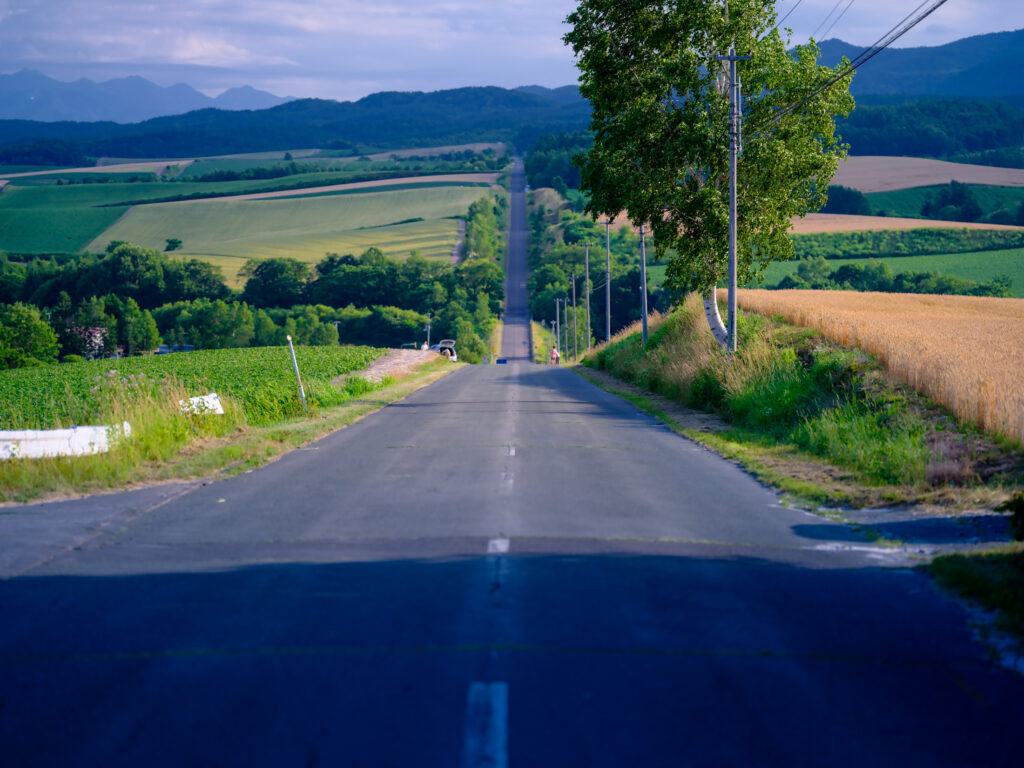Traveling through rural areas is a journey into the soul of a nation one where modernity gives way to authenticity, and fast-paced cityscapes dissolve into scenic serenity. The winding roads that thread through the countryside often lead to unexpected discoveries, far from the noise and clutter of urban centers. These hidden gems be they historic villages, untamed nature trails, or quiet farms offer more than picturesque views; they offer a chance to reconnect with the land and its people.
Unlike the typical tourist destinations often crowded and commercialized, rural travel promises a unique kind of tranquility. A simple turn off a main road might bring you to a local market buzzing with community energy or a centuries-old chapel standing in silent testimony to time gone by. The air is cleaner, the smiles more genuine, and the pace much slower, inviting you to truly savor each moment.
One of the greatest joys of rural exploration lies in its unpredictability. A narrow path through farmland might reveal a family-run vineyard offering tastings of their homemade wine. A walk along an unmarked trail could lead to panoramic views few have seen, untouched by social media fame or guidebook mentions. The beauty of these places lies in their simplicity and the sense of discovery they inspire.
But rural travel isn’t just about scenery. It’s about stories those shared by locals who know every tree, every hill, every legend. Conversations over freshly brewed tea or a home-cooked meal often unveil layers of culture, history, and tradition invisible to the uncurious eye. These human connections enrich the experience in ways that no luxury hotel or five-star restaurant can replicate.
There’s also a quiet kind of adventure in navigating the less-trodden path. Whether you’re cycling through rice paddies in Southeast Asia, trekking along stone walls in the Scottish Highlands, or driving across the vast savannahs of East Africa, rural travel brings with it a gentle challenge. It pushes you to slow down, to listen, to observe.
As sustainability becomes a central theme in global travel, rural tourism offers a model worth emulating. It tends to have a lower environmental footprint and often directly supports local economies. Choosing a homestay over a hotel or buying handmade crafts instead of mass-produced souvenirs makes a tangible difference to the people who live there.
In the end, the winding roads of rural landscapes do more than take you places they take you inward, too. They awaken the senses, open the heart, and remind us that sometimes, the best journeys are the ones with no fixed destination.

